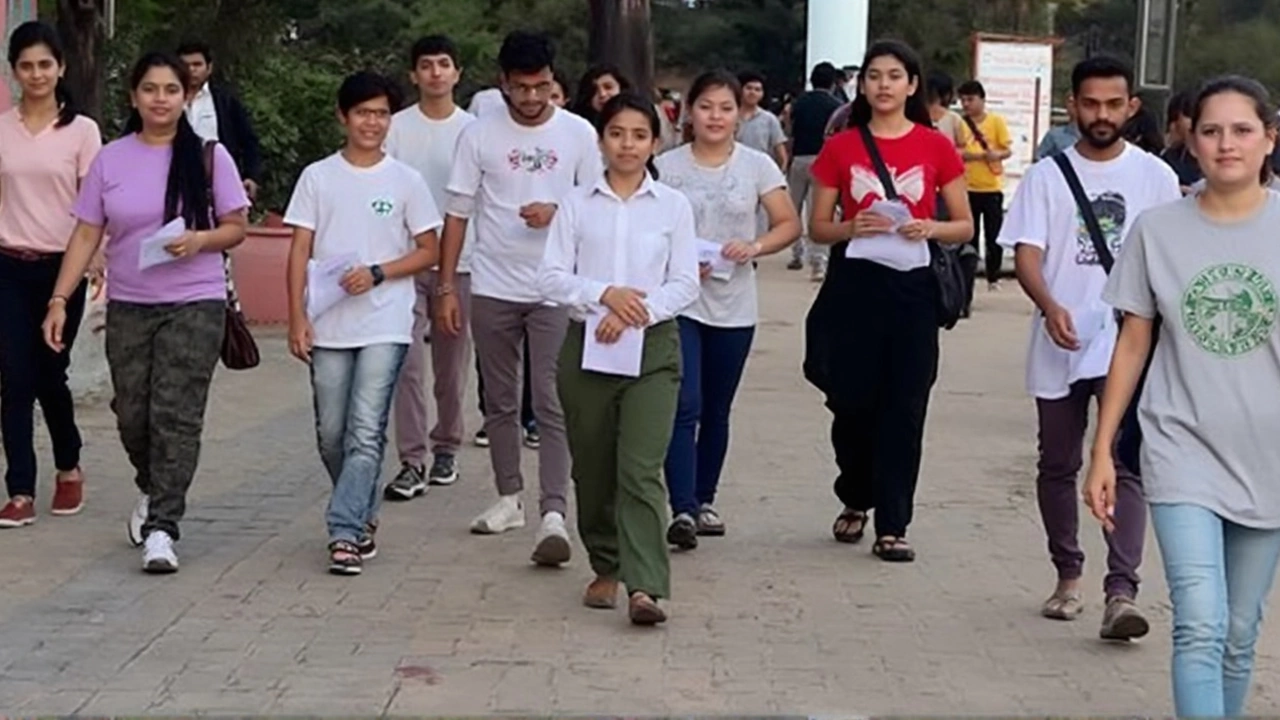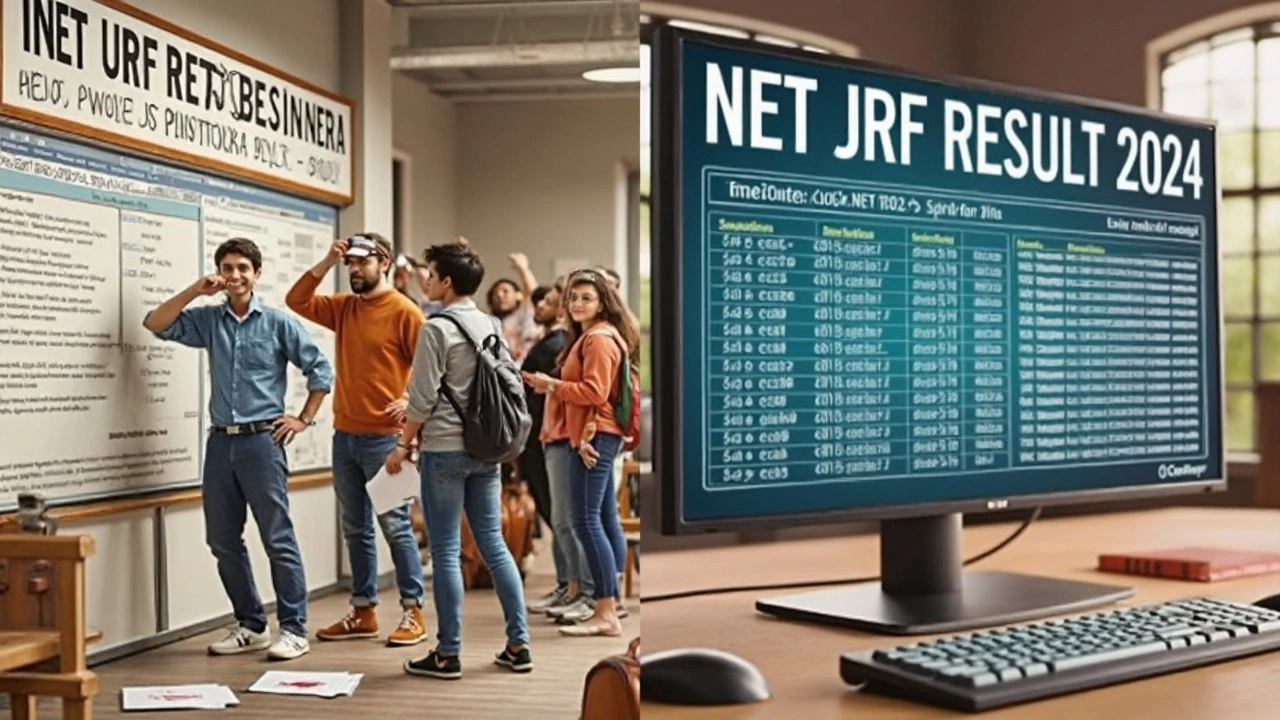UGC NET 2024 Results Are Out: What You Need to Know
The National Testing Agency (NTA) has officially announced the results for the UGC NET 2024 December session, marking a crucial milestone for aspirants in the academic and research sectors. Released on February 22, 2025, the outcome covers an impressive span of 85 subjects. Candidates eager to access their scores can do so by visiting the official portal of ugcnet.nta.ac.in, using their unique application number and date of birth.
The exams took place between January 3 and January 27, 2025. For those waiting on tenterhooks, the results are accompanied by detailed cutoff marks and the final answer keys—providing a comprehensive understanding of how they fared.

Key Elements of the 2024 Exam Process
The process is meticulous—right from conducting exams to declaring results. Interestingly, the June session from the same year saw its results announced on October 17, 2024. During that period, exams were organized from August 21 to September 5, covering 83 subjects, showcasing NTA's capability in handling large-scale evaluations efficiently.
A vital highlight of the UGC NET process is its score normalization approach. This system balances out variations across different exam sessions, ensuring each candidate's performance is assessed on a level playing field. Alongside this, the no-negative marking policy encourages candidates to answer without the fear of penalties, awarding 2 marks for every correct response.
The cutoff criteria follow a category-wise system, setting a 40% threshold for General category aspirants while reserved categories, including SC, ST, OBC, PwD, and Transgender, have a requirement of 35%. This structured approach aims to maintain fairness and inclusion.
These results do more than just score candidates—they also determine their eligibility for roles such as Junior Research Fellowship (JRF) and Assistant Professors across various educational institutions. The allocation of these slots strictly follows government reservation policies, ensuring diverse representation and opportunities across communities.
With these results now live, aspirants are one step closer to pursuing their academic and research aspirations, leveraging this opportunity to thrive in their chosen fields.
